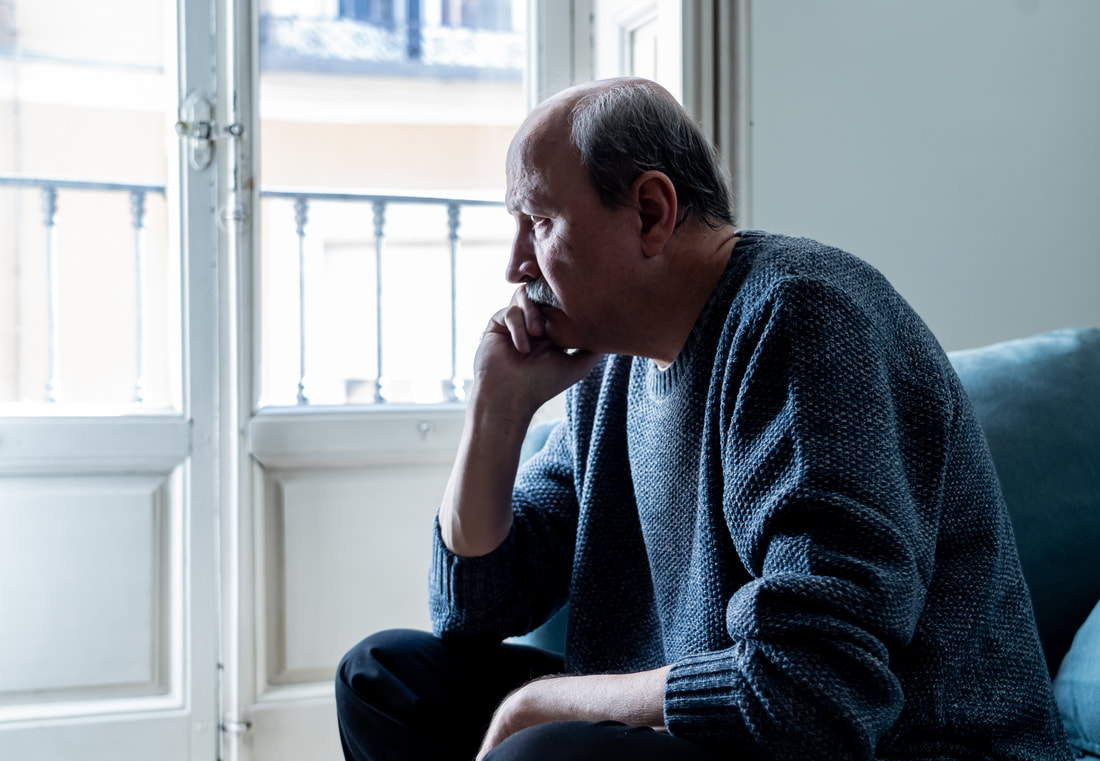|
In my first blog on the challenges of being a man in today’s world I discussed the politics of identity and gender and how this may affect men of all ages. A rigid adherence to male gender stereotypes once sanctioned in our culture creates problems for everyone. For women, disparagement of character and abilities, abridgement of opportunities, and the abuse and exploitation, both subtle and not-so-subtle, publicized in the revelations of the #MeToo movement. For men, less obviously perhaps, gender stereotypes of masculinity, such as dominance, stoicism, aggression, honor, and risk taking, are also fraught with consequences. These might include avoidance of vulnerability necessary for intimacy, anger management issues, addictions, and difficulties identifying one’s feelings.
Masculinity And Stereotypes As men age into their late 40’s and 50’s, these stereotypes associated with masculinity compound the problems that naturally occur with the aging process. Age affects men and women differently and these differences are a product both of biological and social sources. Research has shown that after age 50, men have greater difficulty adapting to change than women as evidenced by the different rates of depression, anxiety, and suicide. Why is this so? In my work in private practice, I have found older men, i.e., generally in their 50’s and older, are more susceptible to social isolation, depression, and addictions. In their youths, men are conditioned to believe in their independence and their measure of esteem is largely contingent on what they achieve in terms of status, accomplishments, and financial growth. Less emphasis is given to tendering supportive relationships, more on competition and achievement, individualism as opposed to collective concerns. Hence men are more inclined to show signs of narcissism and sociopathy than women. But as men get into their later years, their paths set in life and time for more reflection and settling into what they have “sewn,” as their potentials and stamina begin to decline, as well as their health and their earning power, some men are not prepared to deal with what they need to cope with these changes that are a natural part of the aging process, the life cycle. Instead of aging gracefully, the dark side of the masculine imperative, such as difficulties accepting one’s limitations and showing one’s vulnerabilities, deficits in identifying one’s feelings and showing empathy, and insufficient skills and practice establishing supportive relationships and networks of friends, eventually come home to roost thus leaving these men more susceptible to depression, loneliness, and addictions as a way to cope with these emotions. Even worse, these men often lack sufficient self-reflection, awareness of one’s feelings, and attention given to the practice of good health habits and knowledge about how to nurture oneself emotionally and otherwise. Loneliness - A Health Risk For Older Men As a result, men are at a greater risk of developing health problems as well as suffering from loneliness and isolation than if they are living with a spouse or significant other. In my practice when working with older men I help identify these problems to help them develop insights about how and why these problems arise in their lives and then help them to establish goals and coping strategies that will enable them to learn how to better take care of others and themselves in order to lead a healthier life mentally, spiritually, and physically, free of addictions, into what should be the golden years of their lives. Posted by Robert Hamm, Ph.D. - Psychologist
0 Comments
Your comment will be posted after it is approved.
Leave a Reply. |
Robert Hamm Ph.DPsychologist Archives
June 2023
Categories |

 RSS Feed
RSS Feed